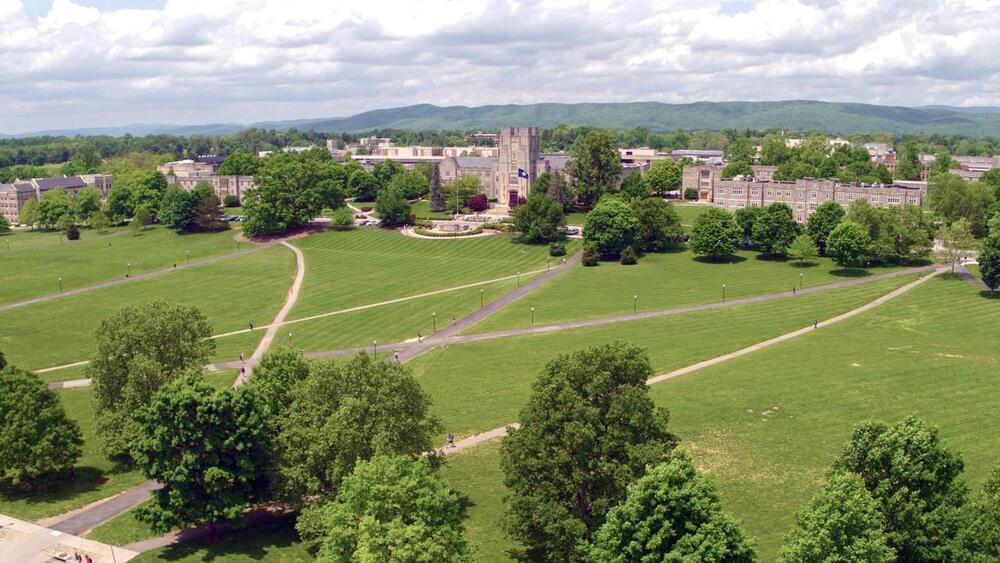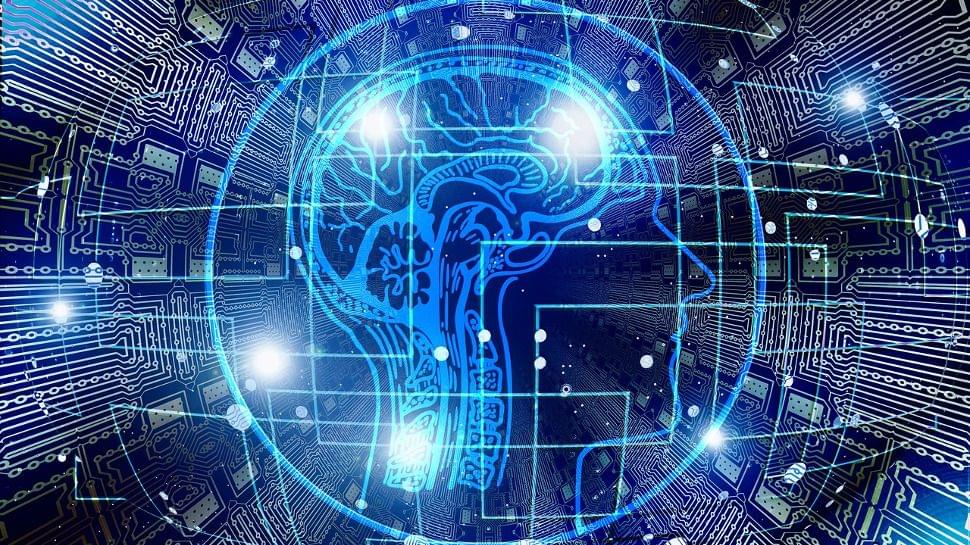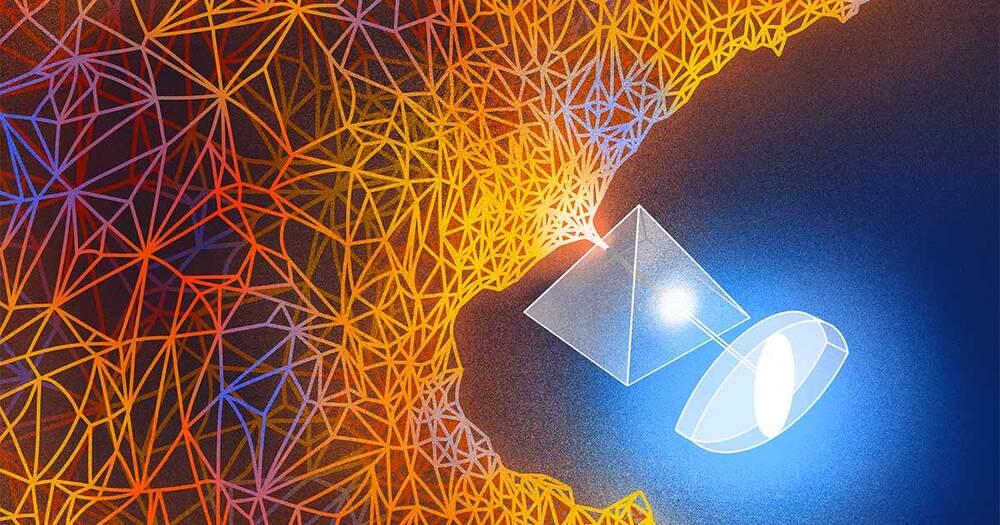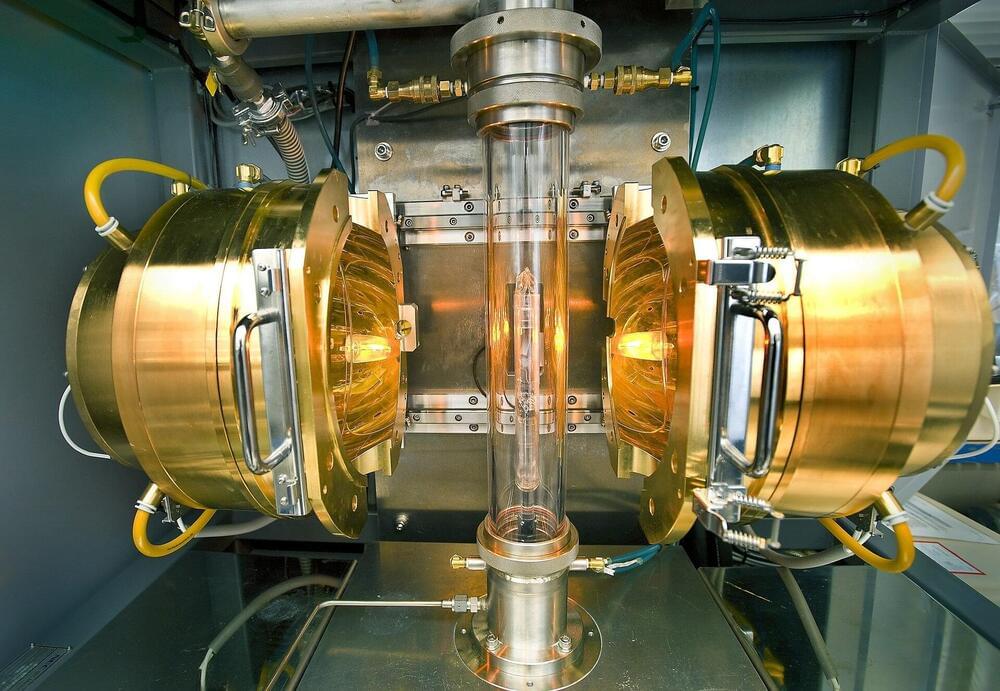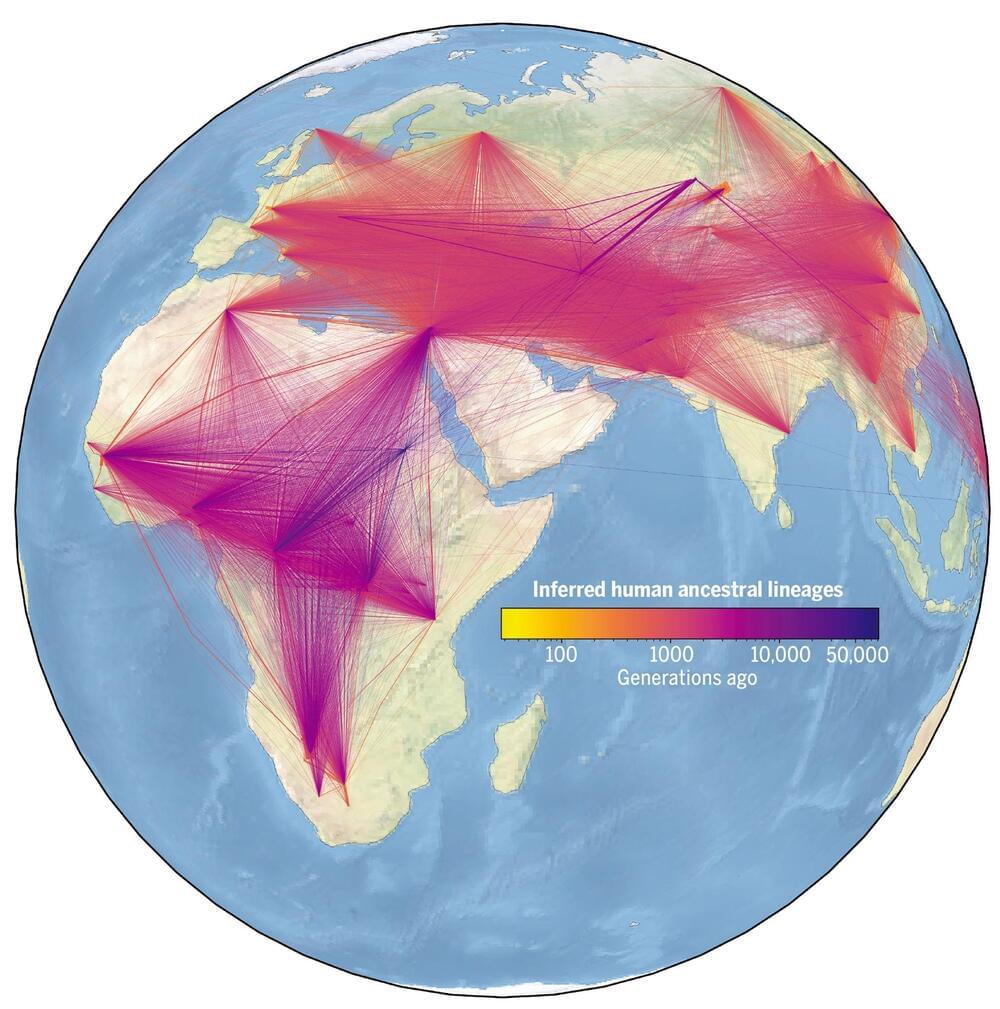WASHINGTON, March 10 (Reuters) — U.S. regulators on Thursday issued final rules eliminating the need for automated vehicle manufacturers to equip fully autonomous vehicles with manual driving controls to meet crash standards.
Automakers and tech companies have faced significant hurdles to deploying automated driving system (ADS) vehicles without human controls because of safety standards written decades ago that assume people are in control.
Last month, General Motors Co (GM.N) and its self-driving technology unit Cruise petitioned the U.S. National Highway Traffic Safety Administration (NHTSA) for permission to build and deploy a self-driving vehicle without human controls like steering wheels or brake pedals.

